Goal-Focused Communication
Goal-Focused Communication causes teachers to engage students in identifying their own goals, determining the steps they’ll take to achieve those goals, and in monitoring their progress toward those goals.
GFC Conversations: Teachers learn to engage students in brief GFC conversations, both formal and informal, by which students learn to set and achieve meaningful personal goals. They learn to support students in monitoring their own progress and they develop a more collaborative relationship with each student.
GFC Classroom Journaling: Teachers learn to use a weekly Journaling exercise to focus students first on their career goal, then on their school/course goal, then on short-term personal and/or academic goals. Students see the relevance of the course work to their own life and experience, setting and achieving incremental personal and career goals.
Benefits of GFC program
Benefits accrue to three school groups from the implementation of GFC
1. School District
Increase in overall student performance
Reduction of administrator time spent on non-productive and deleterious student behaviors
2. Teachers
Quality and abundance of productive student/teacher communication increased
Fewer adversarial relationships develop
Goal-focused students see relevance of classwork
3. Students
Students become goal-focused and more attentive to schoolwork
Students are taught and practice being self-directed
Students are provided with a safe and pleasant place to learn (be taught and learn)
Students become self-regulated
Relationships provide safe and secure means of developing resilience to traumas resulting from Adverse Childhood Relationships (ACEs)
More information:


